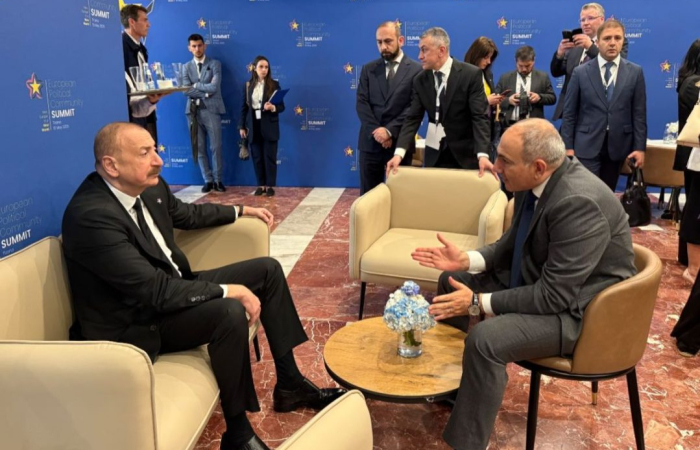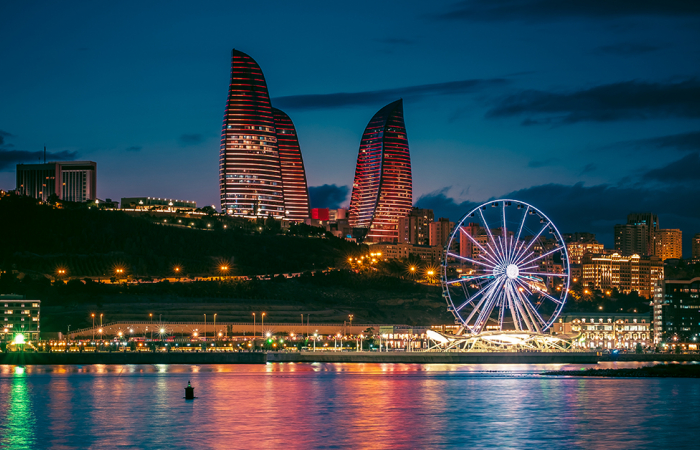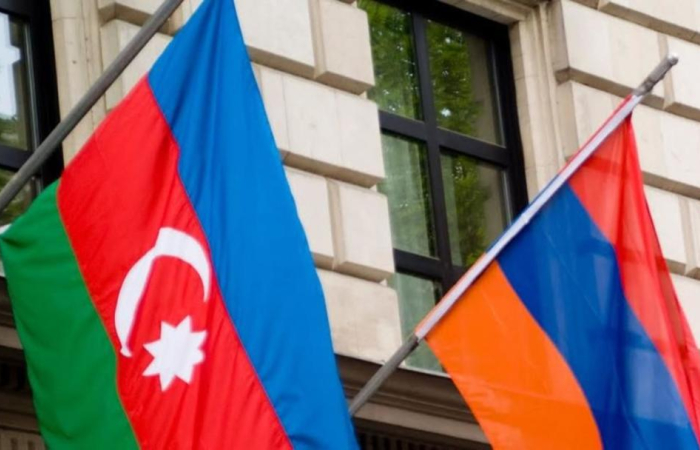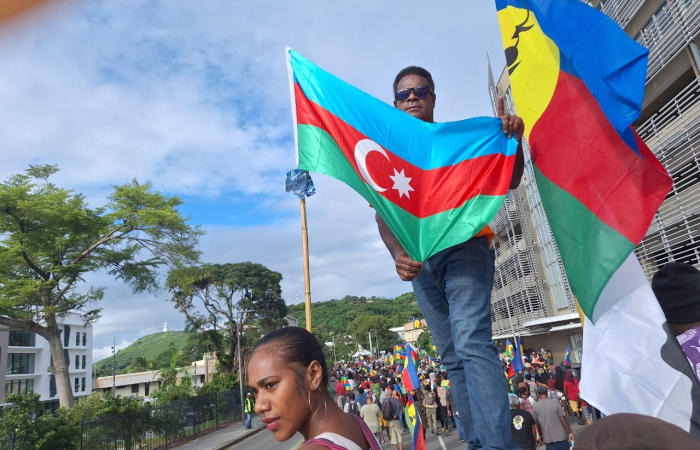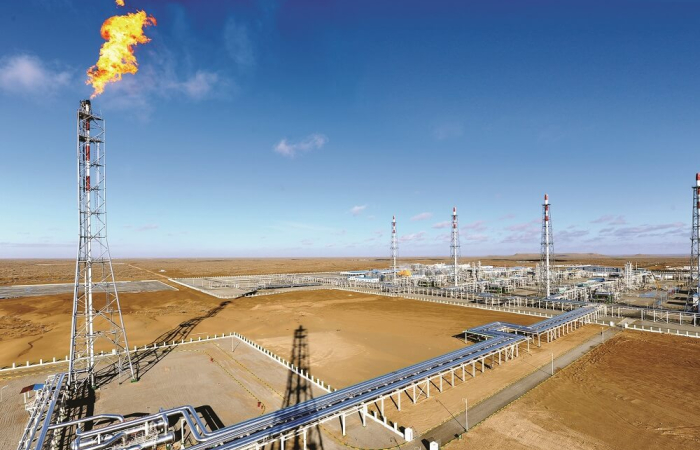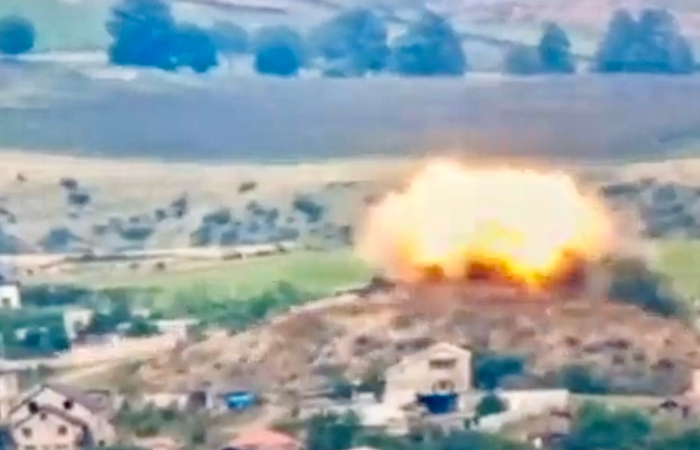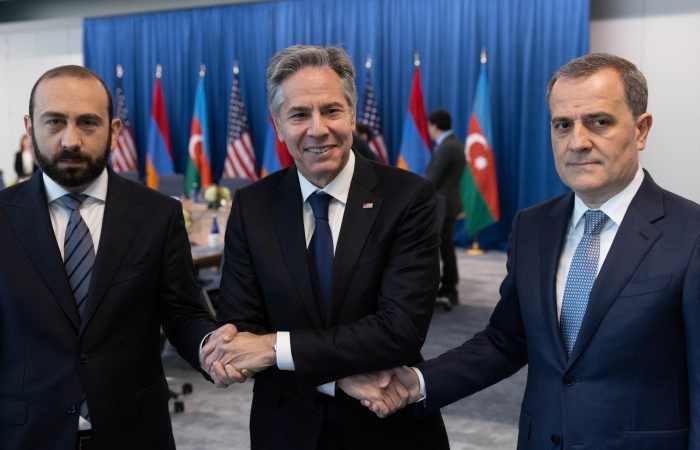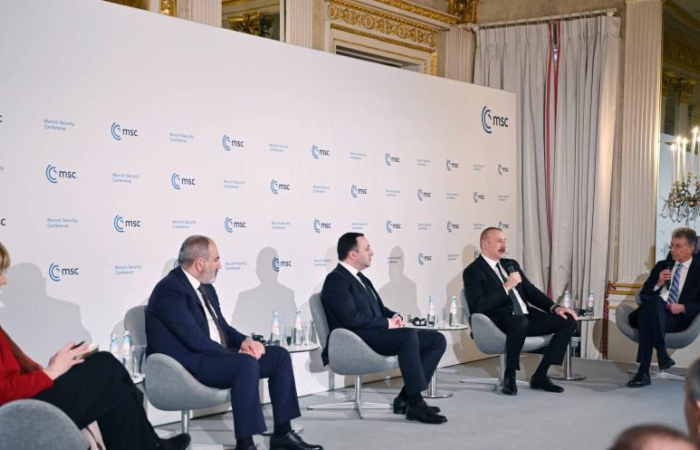Trending
Armenia and Azerbaijan Dialogue in the context of the European Political Community
12 June 2025
The latest European Political Community summit held in Tirana in May this year, featured Azerbaijan’s President Aliyev at a time when Baku’s period of bad blood with Brussels seems to be over and Europe once again is viewed as a constructive partner. It is not a coincidence that Aliyev briefly met Pashinyan in Tirana for the first time in months and even had a seemingly friendly conversation with French President Macron despite the two countries’ intense feud.



